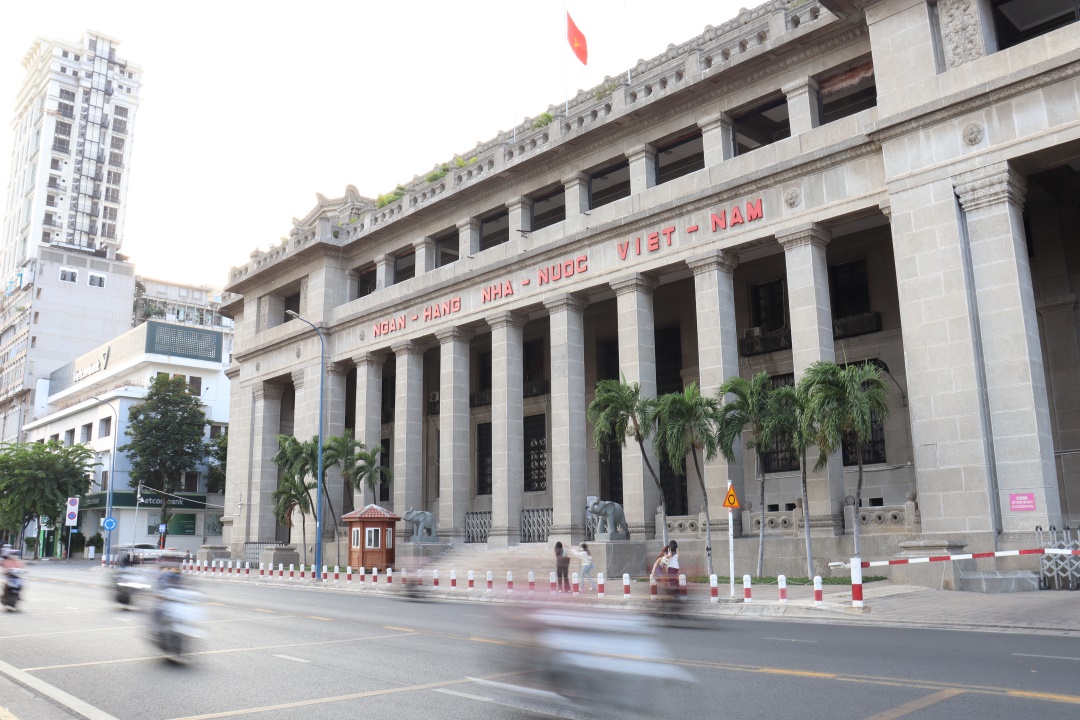HCMC – Credit growth in Vietnam’s economy reached 15.08% as of December 31, 2024, with outstanding loans totaling VND15.6 quadrillion, an increase of over VND2 quadrillion compared to the previous year.
Dao Minh Tu, deputy governor of the State Bank of Vietnam (SBV), shared the data during a press conference on January 7, reviewing the banking sector’s performance in 2024 and outlining plans for 2025, according to the Vietnam News Agency.
The majority of credit was allocated to production, business, and priority sectors, he noted.
Throughout 2024, the SBV maintained its key rates despite rising global interest rates, enabling credit institutions to access capital at lower costs.
The central bank also directed financial institutions to reduce operational expenses to lower lending rates. Additionally, it required banks to publicly disclose their average lending rates and the spread between deposit and lending rates on their websites.
While average deposit rates rose by 0.71% compared to 2023, lending rates decreased by 0.6% by year-end. State-run commercial banks, in particular, achieved a reduction of nearly 1% in average lending rates compared to the previous year.
The SBV also pushed for the implementation of various credit programs, including a VND145,000 billion housing loan initiative for social housing, worker housing, and the renovation and reconstruction of old apartment buildings. Additional credit programs targeted the forestry and fisheries sectors.
Looking ahead, the SBV plans to flexibly and synchronously manage monetary policy tools in 2025, closely monitoring market developments and economic conditions both domestically and internationally. These efforts aim to control inflation, stabilize the macroeconomy, and manage credit growth in line with established targets.
The central bank will also continue implementing its restructuring project for the credit institution system, linked to addressing bad debts, during the 2021–2025 period. This includes intensifying efforts to resolve bad debts, improving credit quality, and minimizing the emergence of new bad debts.
The SBV will also focus on enforcing Decree No. 52/2024/ND-CP on cashless payment activities to promote financial modernization.









